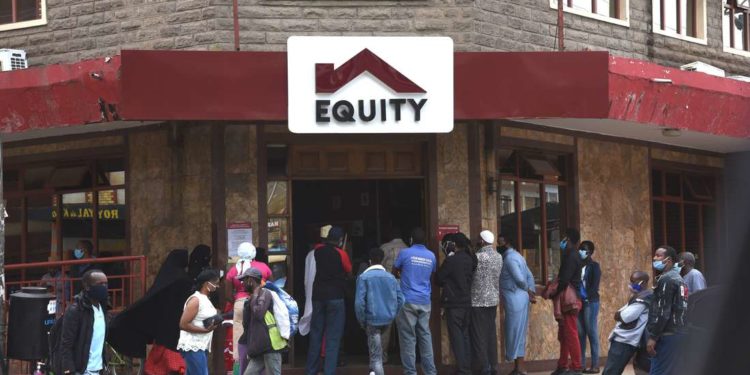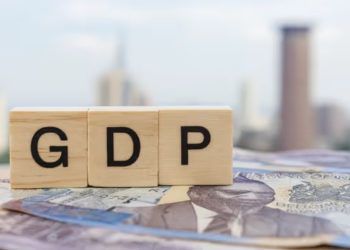Equity Group plans to fully start pricing loans according to borrowers’ risk profiles In January, citing the recovery from pandemic shocks that have negatively damaged families’ and businesses’ ability to earn money amid skyrocketing prices.
Nearly a year after receiving approval from the Central Bank of Kenya in March. To charge credit at an interest rate of up to 18.5 percent per year, the lender will begin using risk-based lending.
Since then, the CBK has authorised risk pricing formulae from more than half of the 39 lenders in the market. Triggering the reintroduction of a model where interest rates vary depending on the chance of a borrower missing a payment.
Like its competitors, Equity has not yet completely priced loans based on its risk profiles. Therefore keeping out borrowers who have a high likelihood of failing, particularly those without security or stable income sources.
“We have maintained our interest to a maximum of 13.5 per cent simply because we wanted to help customers recover fully from the pandemic. As this environment changes and interest rates have gone up significantly globally because of inflation we will now activate risk-based pricing,” said Equity Group chief executive James Mwangi.
Read: How Equity Bank Will Award Hustler Fund Graduates
“We are working very hard to activate that and we hope by January, we will have fully implemented the risk-based pricing.”
To avoid upsetting the credit market, which is recuperating from the effects of COVID-19 and interest rate limitations that ended on November 9, 2019. Several top-tier banks have adopted a phased rollout of the internationally used loan pricing model.
The widespread use of risk-based lending will increase loan costs for the majority of borrowers. However, it is anticipated to encourage banks to provide more credit. This is because the higher returns will offset the risk of some customers defaulting.
“We are working very hard to activate that and we hope by January, we will have fully implemented the risk-based pricing.”
“So we will reduce the risk premium for those who are good payers and for those who may not have a good track record, we don’t exclude, but price their risk. For the unsecured ones, we will not exclude them because they don’t have security, but price the risk of lack of security.”
After interest income increased by 23.43 percent to Ksh59.84 billion and non-funded income by 32.06 percent to Ksh42.22 billion. Equity’s net profit for the nine months ending in September increased by 26.61 percent to Ksh33.35 billion.
Email your news TIPS to editor@thesharpdaily.com


















